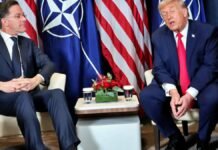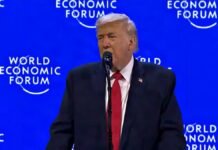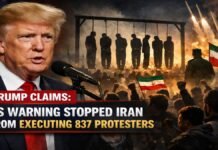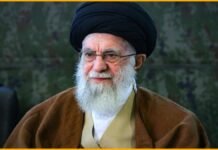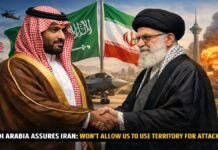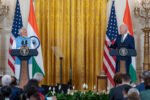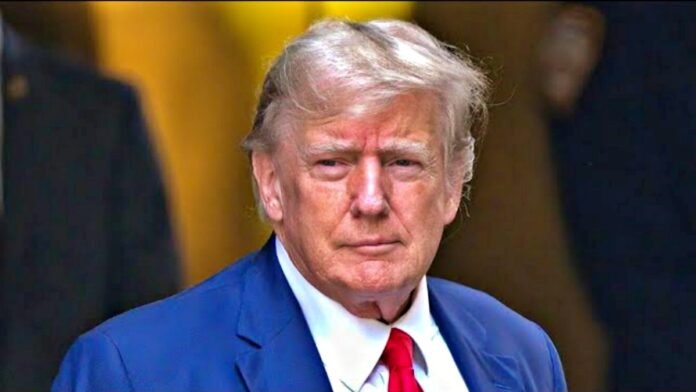
Key points
- A U.S. company signed a $500 million investment MoU with Pakistan to build a poly-metallic refinery and export critical minerals, reflecting a push to reshape supply chains.
- The U.S. reduced proposed reciprocal tariffs on Pakistani goods from 29% to 19%, easing pressure on key exports like textiles after negotiations in July 2025.
- Saudi Arabia and Pakistan signed a Strategic Mutual Defence Agreement (SMDA) with a collective-defense clause treating an attack on one as an attack on both.
- Analysts describe the SMDA as a seed of an “Islamic NATO,” with implications for Gulf and South Asian security balances.
- The U.S.–Pakistan thaw accelerated after the May 2025 India–Pakistan crisis linked to Operation Sindoor, where Washington helped midwife de-escalation alongside regional diplomacy.
- Turkey remains a pivotal but complicated partner: a NATO member aligned with the West but sharply critical of Israel and supportive of Hamas politically, affecting trilateral U.S. calculus.
New Delhi: The latest geopolitical moves indicate President Donald Trump is leveraging Pakistan, Saudi Arabia, and Turkey to rebalance Asian power dynamics, with a strong emphasis on critical minerals security, trade levers, and emergent defense architectures across the Gulf and South Asia. While these states have maintained dense ties across multiple poles, the recent deals and pacts suggest a deliberate U.S.-aligned push to reshape supply chains and deterrence frameworks in a contested strategic theatre.
Pakistan: minerals, markets, and a policy shift
A Missouri-based company, U.S. Strategic Metals, signed a $500 million agreement with Pakistan’s Frontier Works Organization to establish a poly-metallic refinery and accelerate exports of antimony, copper, gold, tungsten, and rare earths, with the U.S. Embassy calling it a win for bilateral ties. Islamabad has pitched vast untapped reserves and attracted multiple deals as it seeks investment to ease a prolonged financial crunch and monetize “trillion-dollar” mineral potential.
In parallel, Washington cut the proposed reciprocal tariff on Pakistani goods from 29% to 19% through a July 31 executive order, providing partial relief for exporters while embedding Pakistan within a broader U.S. tariff matrix calibrated to strategic cooperation. Analysts see the minerals push and tariff reset as twin levers to pull Pakistan toward U.S. supply chains at a moment of flux in global critical minerals and manufacturing geopolitics.
Context: post Operation Sindoor reset
Following the April 22 Pahalgam terror attack and India’s May 7–10 Operation Sindoor strikes on terror infrastructure in Pakistan and Pakistan-administered Kashmir, the U.S. engaged heavily in de-escalation as a four-day crisis unfolded and ultimately stabilized through a ceasefire. The episode underscored Washington’s continuing role as a crisis manager in South Asia and prefaced a summer of intensified U.S.–Pakistan trade and investment engagement.
Saudi-Pakistan SMDA: a collective-defense clause
On September 17, Saudi Arabia and Pakistan signed the Strategic Mutual Defence Agreement in Riyadh, committing that aggression against either will be deemed aggression against both, and establishing mechanisms for joint coordination and training. The pact emerged amid heightened Gulf anxieties after Israel’s strike on Hamas figures in Doha and broader doubts about the reliability of traditional external guarantees, signaling a regional tilt toward self-strengthening and layered deterrence.
‘Islamic NATO’ talk and U.S. signaling
Media and analysts have described the SMDA as an embryonic “Islamic NATO,” given its NATO-like collective-defense clause and the potential for broader Arab-Islamic defense alignments over time. While Riyadh remains closely partnered with Washington, the pact suggests a hedging strategy that complements U.S. ties while enhancing regional autonomy, rather than a clean substitution of security umbrellas.
Turkey’s role: indispensable yet complex
Turkey’s NATO membership anchors it within the Western security architecture, limiting complete deviation from U.S. policies even as Ankara’s stance on Hamas and sharp criticisms of Israel complicate coordination on Middle East files. Turkish leadership’s rhetoric and political support for Hamas, alongside deepening regional friction post-Doha strike, ensure Ankara remains a necessary but challenging node in any U.S.-aligned regional coalition.
What it means strategically
Together, the minerals deal, tariff relief, and the SMDA point to a layered U.S. approach: secure critical inputs, incentivize trade alignment, and encourage regional defense burden-sharing that can deter threats without overreliance on direct U.S. intervention. This mosaic advances supply-chain resilience and regional balancing while keeping doors open to partners whose policies may diverge on other files, particularly in the Levant and Gaza context.
Would a Hindi version with India-specific SEO keywords and subheads be helpful for publication workflows across Hindi news platforms and YouTube descriptions ?






































